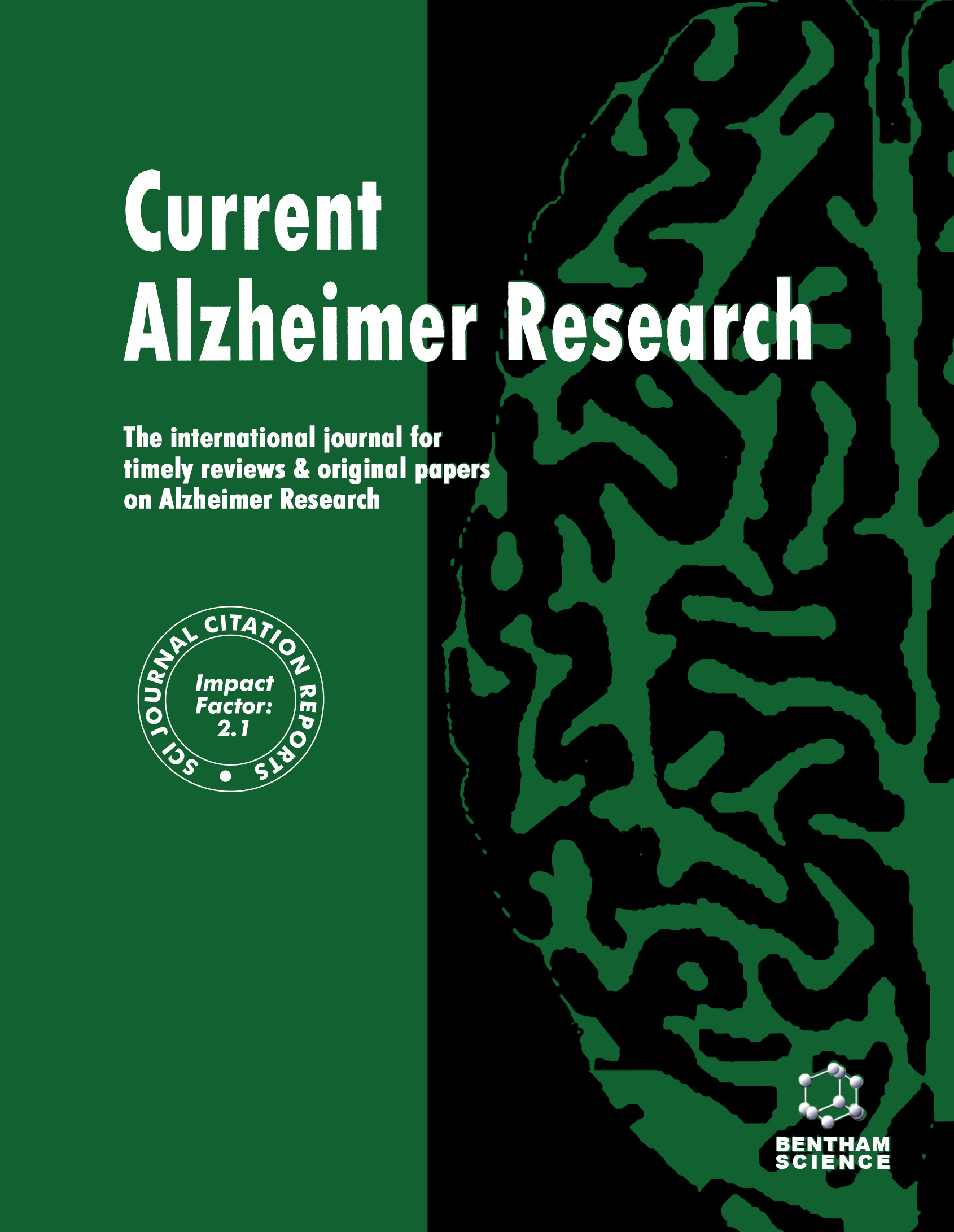
Full text loading...
Currently, there is no information on changes in the mitophagy (BNIP3), apoptosis (CASP3), and autophagy (BECN1) genes in the frontal cortex after brain ischemia with animal survival for 2 years. Furthermore, it is not known whether the BNIP3, CASP3, and BECN1 genes possess any influence on neurons in the frontal cortex due to ischemia.
The goal of the investigation was to evaluate alterations in the behavior of BNIP3, CASP3, and BECN1 genes in the frontal cortex following ischemia with survival of 2 years.
Gene expression was assessed using an RT-PCR protocol at 2-30 days and 6-24-months after ischemia.
BECN1 gene expression after ischemic injury was lower than the control group during 7-30- days and 18 months, whereas overexpression was noted after 2 days, 6-, 12- and 24 months. In the case of BNIP3 gene expression, it was lower than the control group for 2-7 days and higher than the control throughout the remaining time after ischemia. Increased expression of the CASP3 gene was observed except on days 7-30 following ischemia when its expression was lower compared to control values.
The data seem to indicate that the observed changes in gene expression may reflect the activation and inhibition of different mechanisms involved in the advancement of neurodegeneration after ischemia.
Overexpression of BECN1gene is likely to be associated with the induction of neuroprotective phenomena, whereas overexpression of BNIP3 and CASP3 genes can cause harmful effects.

Article metrics loading...

Full text loading...
References


Data & Media loading...

